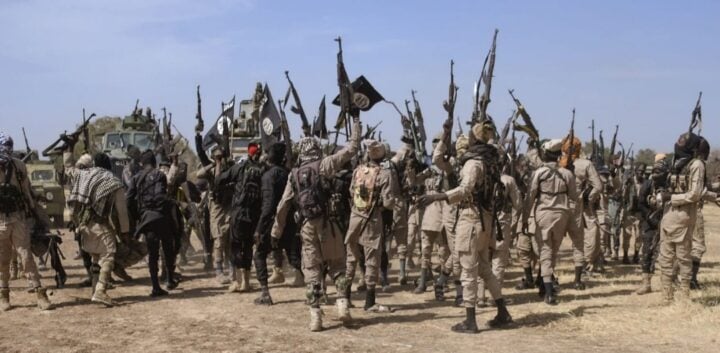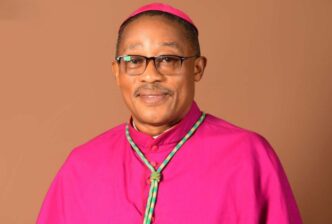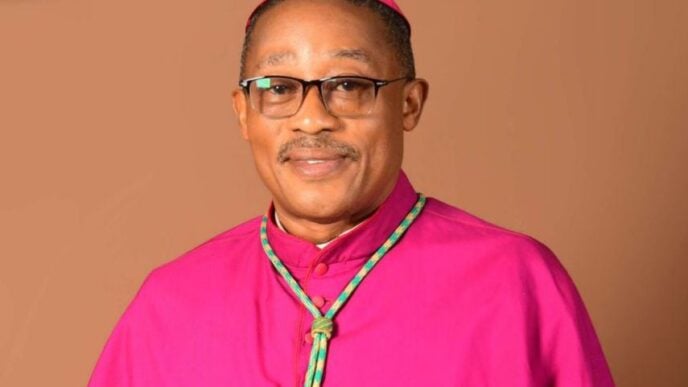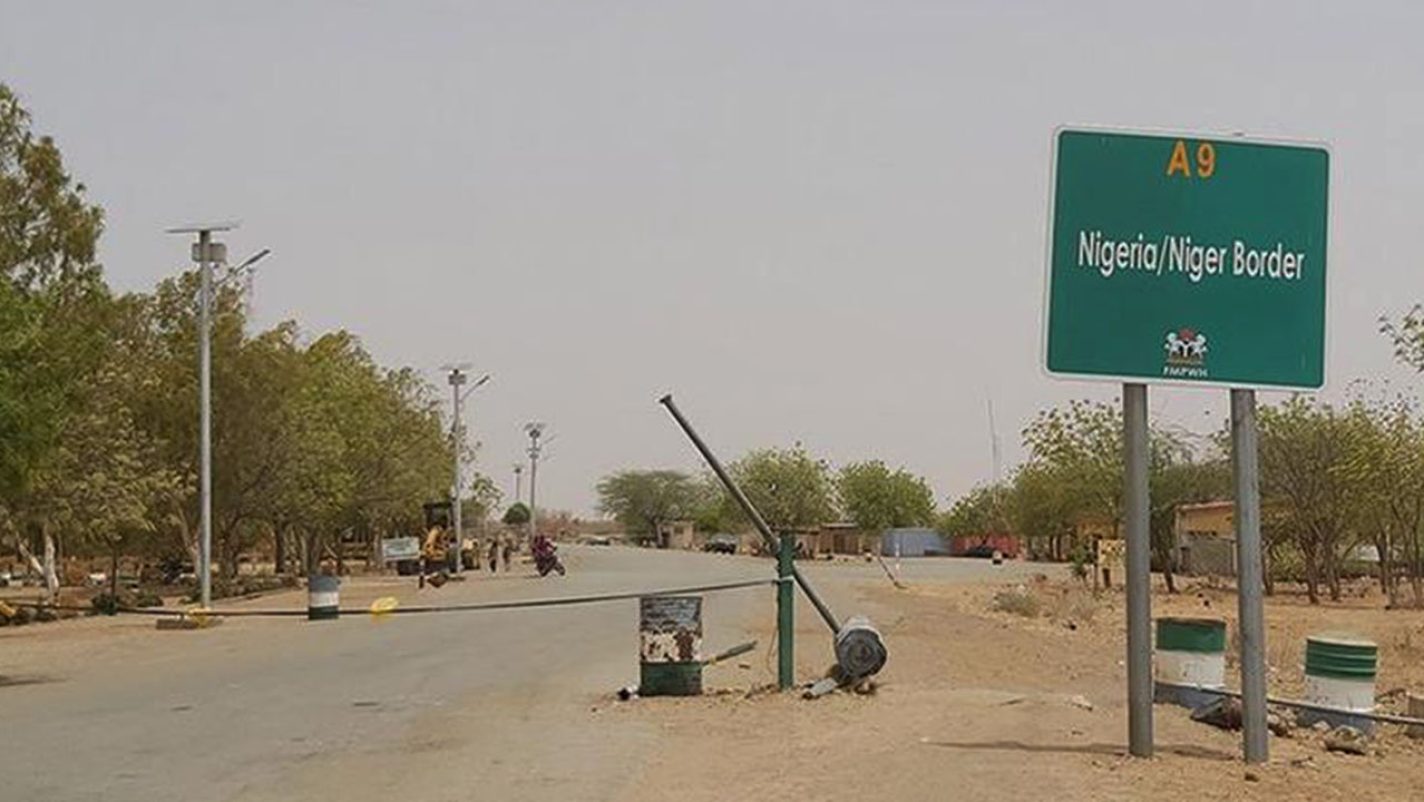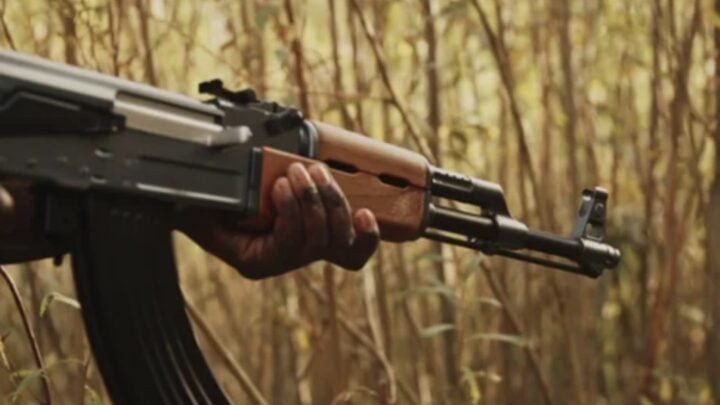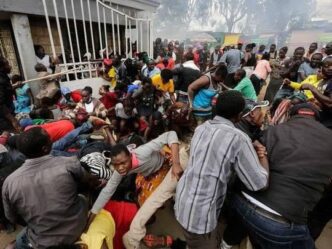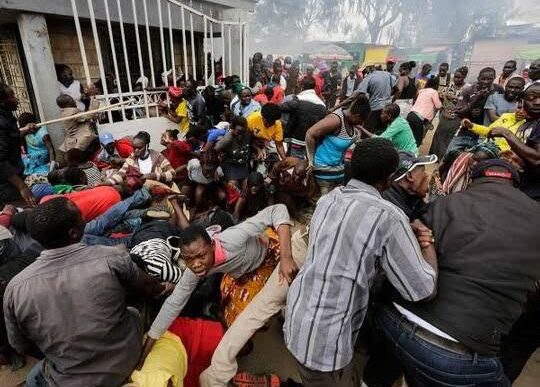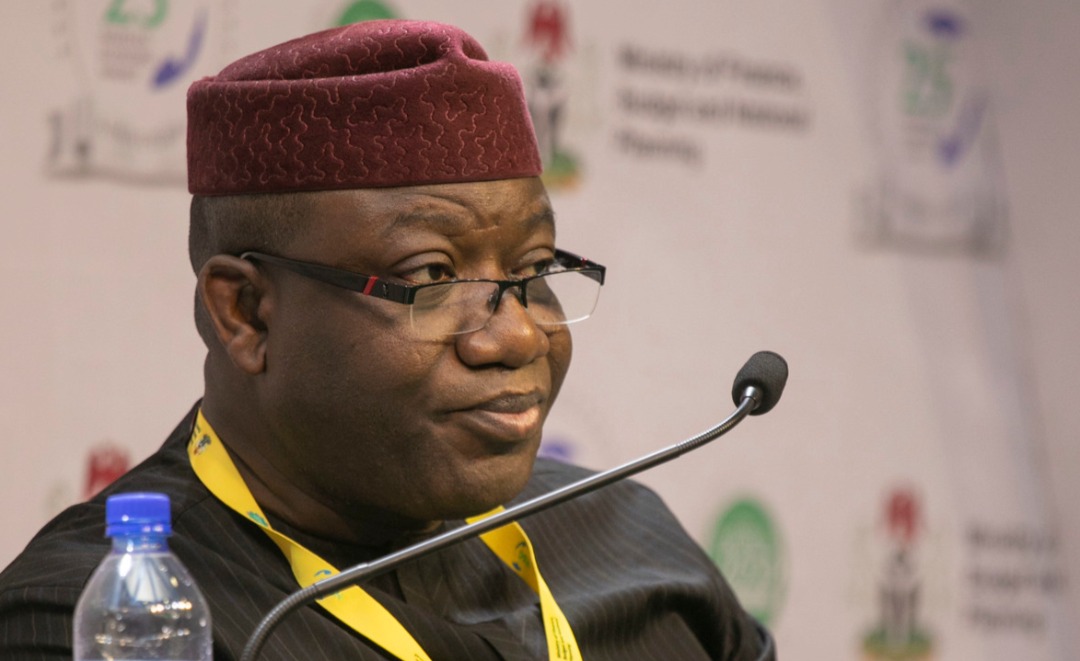Mohammed Babadoko, director of public prosecution in the office of the attorney-general of the federation, says the federal government prosecuted 1,743 terrorism cases between 2017 and 2024.
Addressing journalists in Abuja on Monday, Babadoko said 742 individuals were convicted, while 888 were acquitted due to lack of evidence and other reasons.
He added that 92 trials have been adjourned.
“In October 2017, 50 were convicted, 203 were discharged/acquitted, and 28 were adjourned,” Babadoko said.
Advertisement
“In February 2018, 203 were convicted, 582 were discharged/acquitted, and 24 were adjourned. In July 2018, 113 were convicted, 102 were discharged/acquitted, and nine were adjourned.
“In December 2023, 14 were convicted, one was acquitted, and 10 were adjourned. In July 2024, 125 were convicted, none were acquitted, and 21 cases were adjourned. In December 2024, 237 were convicted, none were acquitted, and no cases were adjourned.”
He stated that the cases involved acts of terrorism, terrorism financing, and other criminal activities, noting that some convicts received prison sentences ranging from 60 years to life imprisonment.
Advertisement
“It is important to note that within the last year, during this administration, about 515 cases were disposed of, and over 800 individuals—those who had served their terms or were discharged/acquitted at various stages of trial—were moved to Operation safe corridor in Gombe for rehabilitation and reintegration, in accordance with court orders and federal government policy,” he added.
Zakari Mijinyawa, director of legal services at the office of the national security adviser (ONSA), said the deradicalisation process under ‘operation safe corridor’ applies exclusively to individuals cleared by the justice system.
“If evidence exists and you are convicted, you serve your sentence. Operation safe corridor and the DDRR (disarmament, demobilisation, reintegration, and rehabilitation) process is for those found unsuitable for imprisonment,” Mijinyawa clarified.
“This is vital information that should be widely disseminated. The media should assist in spreading this message. The DDRR process includes psychological evaluations, family reunifications, mental health support, and economic interventions.”
Advertisement
Add a comment
